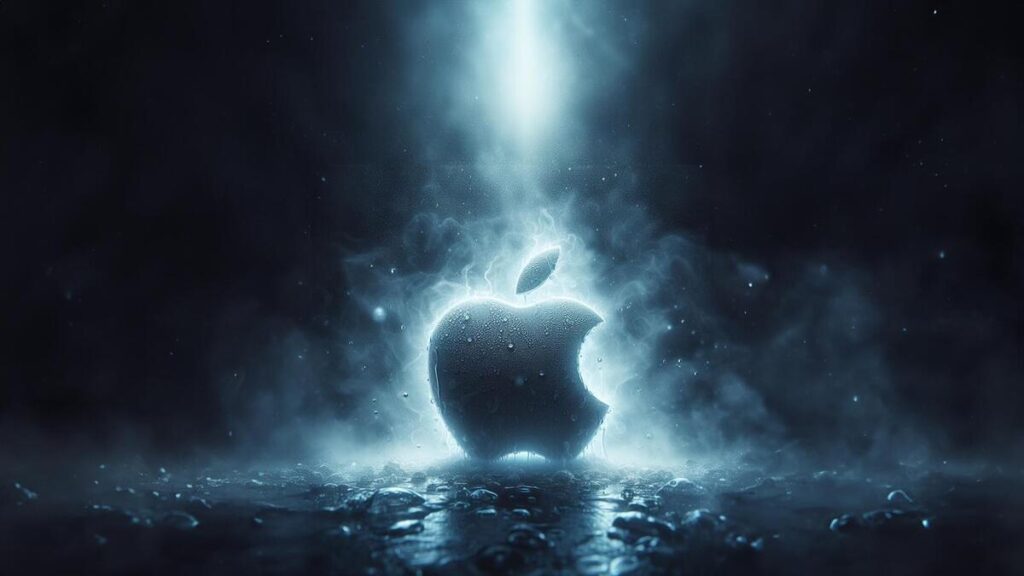Although they are still in the early phases of development, Apple’s upcoming next-generation operating systems, iOS 19, macOS 16, watchOS 12, and visionOS 3, are already causing a stir in the tech community. Codenamed “Luck,” “Cheer,” “Nepali,” and “Discovery,” respectively, these OS updates allude to Apple’s grand ambitions for its software ecosystem, according to Mark Gurman of Bloomberg.
The anticipation surrounding these updates is not surprising, given Apple’s track record of innovation and its strategic approach to integrating cutting-edge technologies into its products. While details on specific features and enhancements are scarce at this point, the mere mention of new operating systems from Apple sparks curiosity and speculation within the tech community.
Historically, Apple initiates development on new hardware and software concurrently, ensuring that each complements and enhances the other. This symbiotic relationship between hardware and software has been a hallmark of Apple’s strategy, allowing it to deliver cohesive and optimized user experiences across its ecosystem of devices.
With iOS 18 already touted as one of Apple’s most significant updates, featuring advancements in Apple Intelligence and cross-app functionalities powered by Siri, expectations for iOS 19 are naturally high. The focus is likely to be on refining existing features and introducing further innovations that leverage AI to enhance user interactions and productivity.
Apple’s commitment to integrating AI into its ecosystem is evident in recent updates, where AI capabilities have been leveraged for tasks ranging from writing assistance to image generation. The evolution towards more sophisticated AI-driven features is expected to continue with iOS 19 and macOS 16, setting new benchmarks for intelligent computing in consumer technology.
While AI is poised to play a pivotal role in future Apple operating systems, it’s not just about enhancing user experiences. The strategic deployment of AI could potentially streamline processes, reduce user effort, and open new avenues for creativity and efficiency across various applications and workflows.
Looking specifically at watchOS 12 and visionOS 3, which are also part of Apple’s upcoming lineup, there are indications that they may incorporate Apple Intelligence features in 2025. Gurman’s insights suggest that while the current iterations may not feature AI extensively, future updates could integrate AI to enhance functionality and performance.
For visionOS 3, in particular, there is speculation about leveraging AI to enhance the capabilities of devices like the Vision Pro. This could include advanced image recognition, augmented reality enhancements, and personalized visual experiences tailored to individual user preferences and needs.
Apple’s approach to software development has always been forward-thinking, with a focus on longevity and compatibility. As devices become more durable and consumers hold onto them for longer periods, ensuring that older devices remain compatible with new software updates becomes increasingly crucial. This strategy not only enhances user satisfaction but also reinforces Apple’s commitment to sustainability and customer loyalty.
The timeline for these next-generation OS releases aligns with Apple’s annual Worldwide Developers Conference (WWDC), where the company traditionally unveils its latest software innovations. Leading up to WWDC 2025, rumors and leaks about potential features and updates are expected to circulate, heightening anticipation and speculation among tech enthusiasts and industry insiders alike.
Beyond the technical advancements, Apple’s next-generation operating systems are likely to focus on enhancing user privacy and security. With growing concerns over data protection and digital privacy, Apple has positioned itself as a leader in implementing stringent privacy measures across its ecosystem. Future OS updates are expected to build upon these foundations, offering users greater control over their data and reinforcing Apple’s commitment to ethical and responsible technology practices.
The foundation is being set for what seems to be another significant advancement in Apple’s software development, even though details on iOS 19, macOS 16, watchOS 12, and visionOS 3 are still being finalized. Apple’s creative approach to software development continues to define the future of consumer technology, from utilizing AI to improve user experiences to guaranteeing compatibility across a variety of devices. One thing is certain as we wait for further information and announcements: the upcoming Apple operating system generation is going to completely change the way we engage with technology, pushing the envelope and establishing new benchmarks for creativity in the digital world.
If you like the article please follow on THE UBJ.
